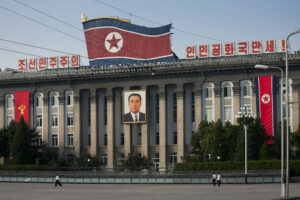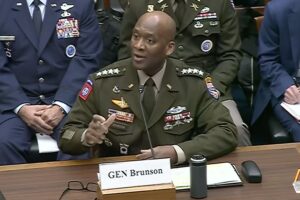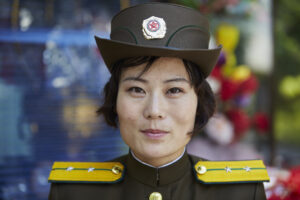lan Fowler, a prominent scholar on civil society once remarked, "it is easy to fall into the trap of thinking that civil society is a level playing field and the new salvation of development, but civil society is a messy arena of competing claims and interests between groups that do not necessarily like each other". When it comes to improving the living conditions of the North Korean people, nothing could be truer. The current debate with regards to whether to allocate food aid to North Korea is just one of the latest examples. Yet, we all want the well-being of North Koreans improve (or at the very least we publicly proclaim so), so why can't we work together towards this common goal? The same goes for governments: before sending food aid, South Korea wants an apology for the recent attacks committed against both its civilians and its soldiers. And for its part too, the United States has pre-conditions; the assurance that aid will not be misused and that inter-Korean ties must improve. All the while, the U.S. is happy to pour millions of dollars into non-democratic countries 'allied' in the war against terrorism.
We say we want reconciliation, peace and possibly the re-unification of the peninsula, yet the polarization of South Korean society seems to be just as insurmountable as the existence of the militarized zone that divides the peninsula.
lan Fowler, a prominent scholar on civil society once remarked, "it is easy to fall into the trap of thinking that civil society is a level playing field and the new salvation of development, but civil society is a messy arena of competing claims and interests between groups that do not necessarily like each other". When it comes to improving the living conditions of the North Korean people, nothing could be truer. The current debate with regards to whether to allocate food aid to North Korea is just one of the latest examples. Yet, we all want the well-being of North Koreans improve (or at the very least we publicly proclaim so), so why can't we work together towards this common goal? The same goes for governments: before sending food aid, South Korea wants an apology for the recent attacks committed against both its civilians and its soldiers. And for its part too, the United States has pre-conditions; the assurance that aid will not be misused and that inter-Korean ties must improve. All the while, the U.S. is happy to pour millions of dollars into non-democratic countries 'allied' in the war against terrorism.
We say we want reconciliation, peace and possibly the re-unification of the peninsula, yet the polarization of South Korean society seems to be just as insurmountable as the existence of the militarized zone that divides the peninsula.
Try unlimited access
Only $1 for four weeks
-
Unlimited access to all of NK News: reporting, investigations, analysis
-
Year-one discount if you continue past $1 trial period
-
The NK News Daily Update, an email newsletter to keep you in the loop
-
Searchable archive of all content, photo galleries, special columns
-
Contact NK News reporters with tips or requests for reporting
Get unlimited access to all NK News content, including original reporting, investigations, and analyses by our team of DPRK experts.
Subscribe
now
All major cards accepted. No commitments – you can cancel any time.











